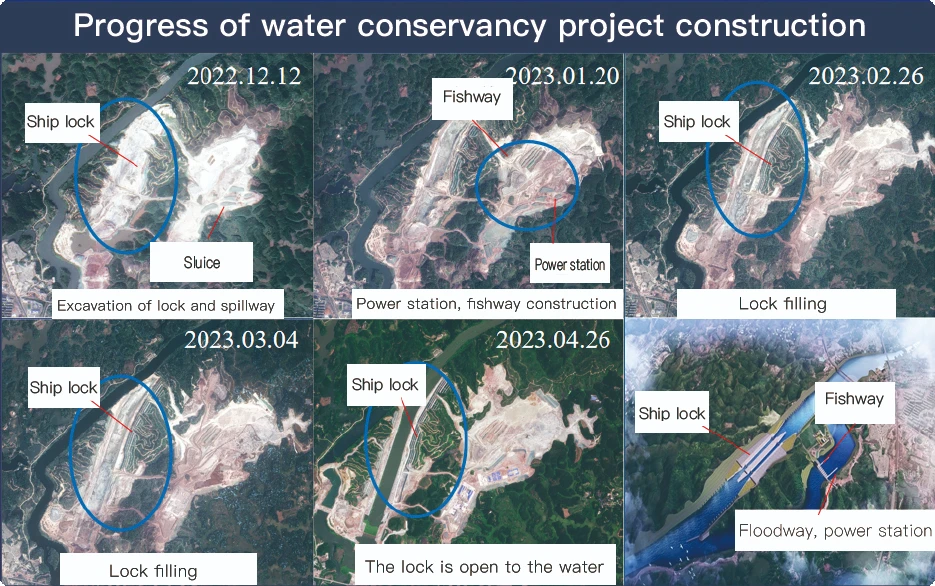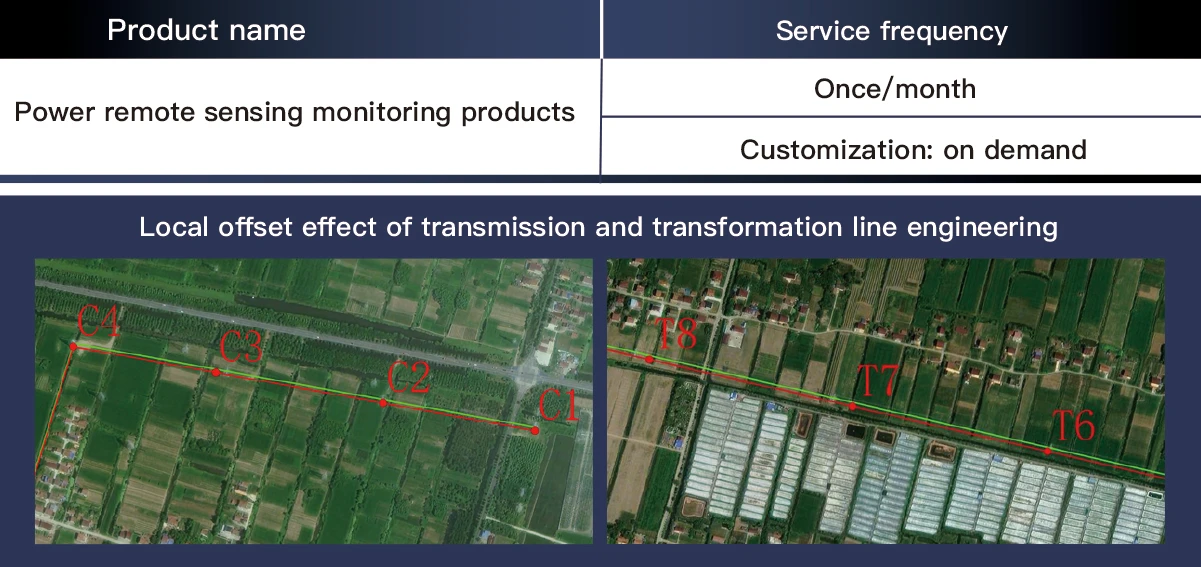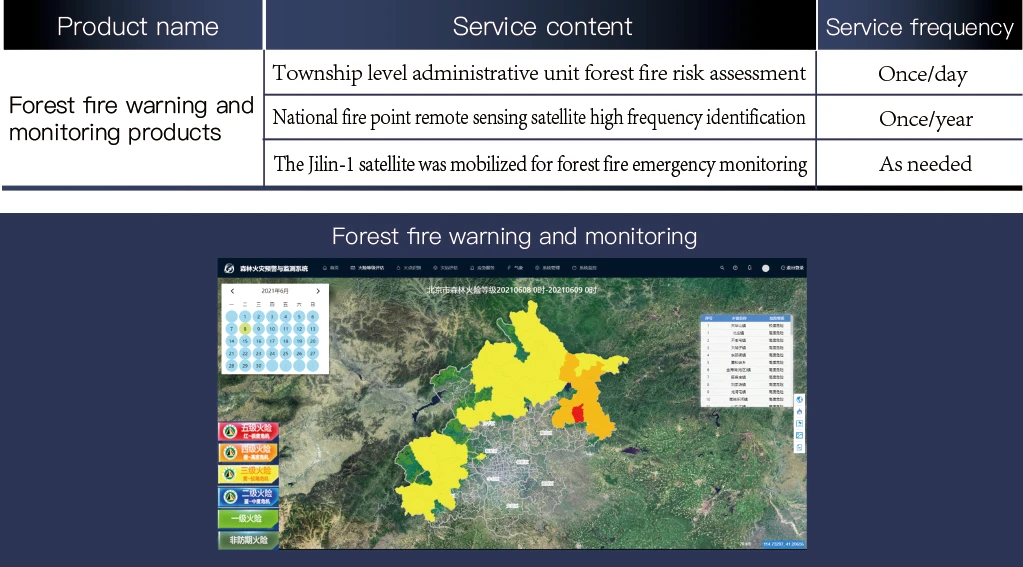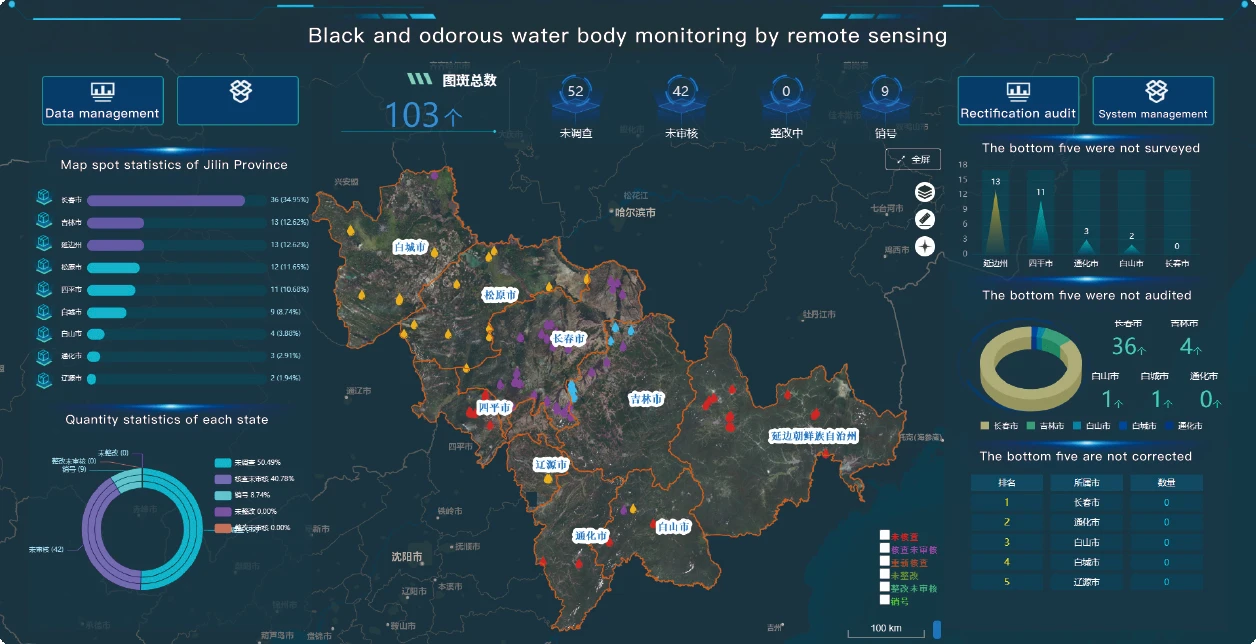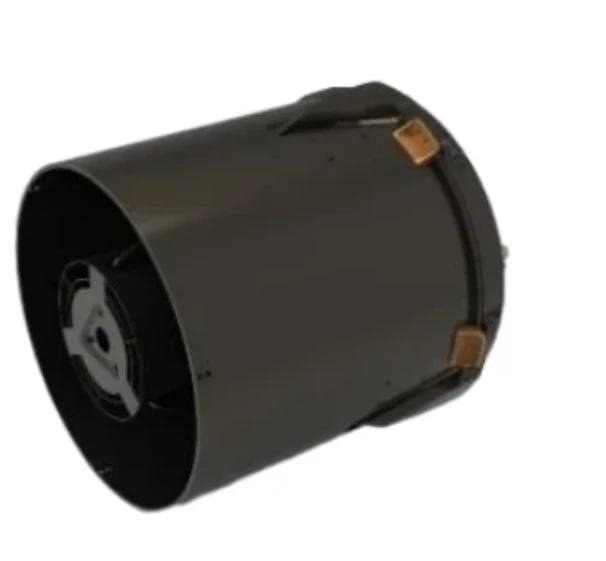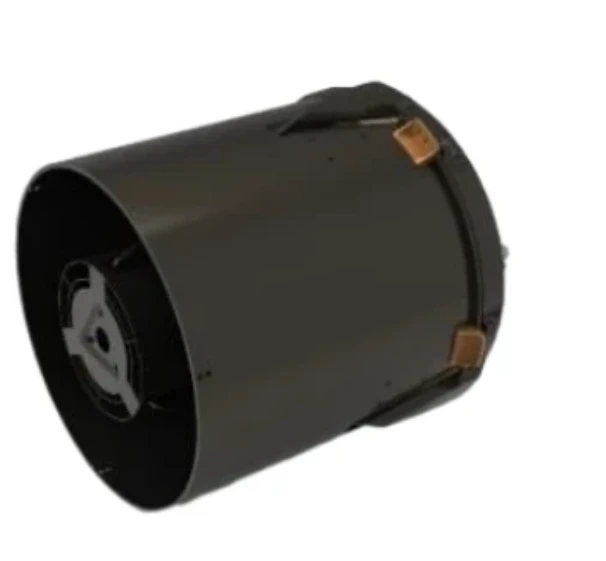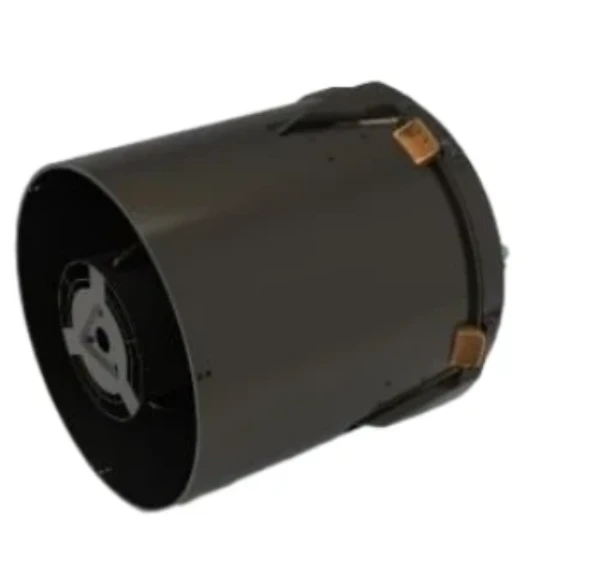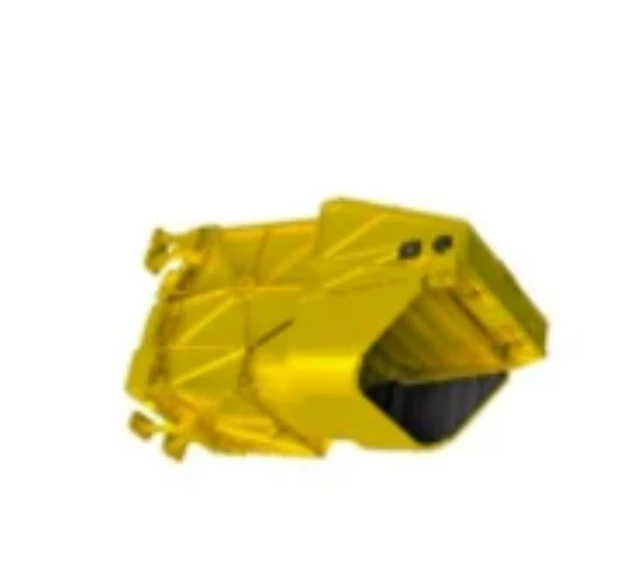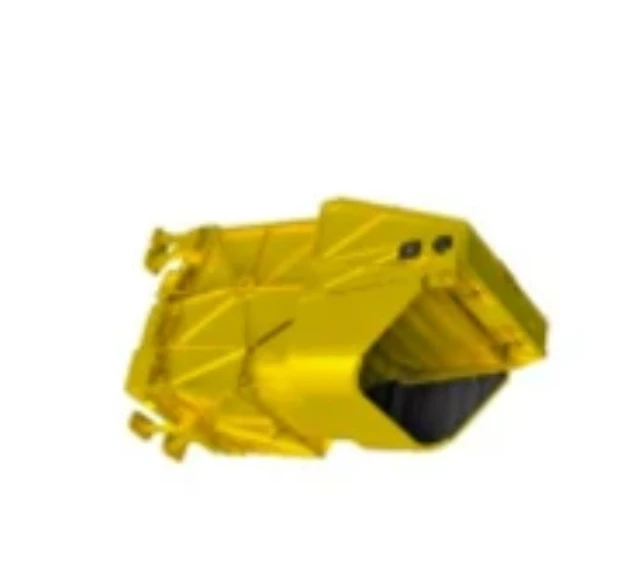
- Afirka
- Albaniya
- Amharic
- Larabci
- Armenian
- Azabaijan
- Basque
- Belarushiyanci
- Bengali
- Bosniya
- Bulgarian
- Catalan
- Cebuano
- China
- Corsican
- Croatian
- Czech
- Danish
- Yaren mutanen Holland
- Turanci
- Esperanto
- Estoniya
- Finnish
- Faransanci
- Farisa
- Galiciyan
- Jojin
- Jamusanci
- Girkanci
- Gujarati
- Haitian Creole
- hausa
- hawayi
- Ibrananci
- A'a
- Miya
- Harshen Hungary
- Icelandic
- igbo
- Indonesiya
- Irish
- Italiyanci
- Jafananci
- Yawanci
- Kannada
- kazakh
- Khmer
- Ruwanda
- Yaren Koriya
- Kurdish
- Kyrgyzstan
- Aiki
- Latin
- Latvia
- Lithuaniyanci
- Luxembourg
- Makidoniya
- Malagasy
- Malay
- Malayalam
- Maltase
- Maori
- Marathi
- Mongolian
- Myanmar
- Nepali
- Yaren mutanen Norway
- Yaren mutanen Norway
- Occitan
- Pashto
- Farisa
- Yaren mutanen Poland
- Fotigal
- Punjabi
- Romanian
- Rashanci
- Samoan
- Scottish Gaelic
- Serbian
- Turanci
- Shona
- Sindhi
- Sinhala
- Slovak
- Harshen Sloveniya
- Somaliya
- Mutanen Espanya
- Sundanci
- Harshen Swahili
- Yaren mutanen Sweden
- Tagalog
- Tajik
- Tamil
- Tatar
- Telugu
- Thai
- Baturke
- Turkmen
- Ukrainian
- Urdu
- Uighur
- Uzbek
- Vietnamese
- Welsh
- Taimako
- Yadish
- Yarbawa
- Zulu
Nano Cameras in Robotics: Enabling Vision for the Smallest Machines
As robotics continues to scale down and smart machines become more autonomous, vision systems must evolve alongside them. One of the most transformative developments in this field is the integration of the nano kamara into robotic systems. From miniature drones and surgical robots to AI-powered warehouse bots, the camera nano format is becoming an indispensable part of modern robotics.
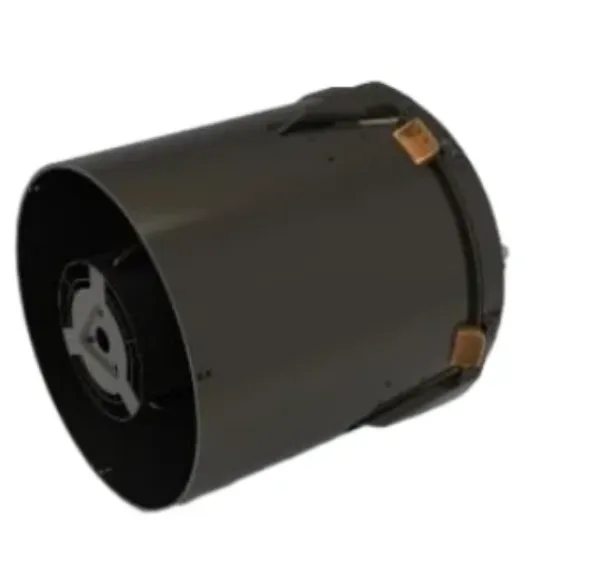
With its compact footprint, light weight, and advanced resolution, the nano camera HD provides real-time visual data to machines operating in constrained or sensitive environments. As robotic developers seek to optimize performance without increasing size or power draw, many are now exploring the most adaptable nano camera for sale to incorporate into their platforms.
Why Nano Cameras Are Essential for Robotic Vision
Traditional cameras, while powerful, are often too bulky for the new generation of compact and mobile robots. The nano kamara, by contrast, offers excellent visual fidelity in a micro form factor, enabling placement on robotic arms, micro aerial vehicles, or even inside endoscopic probes for internal inspections.
Robots equipped with a nano camera HD can navigate complex environments, identify objects, avoid obstacles, and interact with humans more safely and intuitively. This is particularly important in fields like:
Medical robotics: Surgical bots use nano cameras to provide real-time imaging inside the human body with minimal invasiveness.
Industrial automation: Assembly line robots rely on camera nano sensors to inspect components, align tools, and ensure quality control.
Exploration robots: Space and underwater robots integrate nano cameras to capture data in extreme or inaccessible environments.
Because of their small size, nano cameras can be embedded in places that were previously unreachable, giving robots a "sense of sight" in new dimensions.
Smart Robots with Embedded Vision
Pairing a nano kamara with onboard processing or AI software allows robots to recognize objects, track motion, and make decisions independently. This is the basis for real-time visual feedback systems used in collaborative robots (cobots) that share workspaces with humans.
For example, a robotic gripper with a nano camera HD module can scan items before picking them, ensuring correct orientation and placement. Similarly, autonomous drones use nano cameras for visual SLAM (Simultaneous Localization and Mapping), enabling them to navigate and avoid collisions in real time.
The power of embedded vision lies in efficiency—robots equipped with camera nano technology can operate smarter, faster, and more accurately, reducing the need for external sensing systems.
What to Consider When Buying a Nano Camera for Robotics
For engineers and developers seeking a nano camera for sale to embed in robotic platforms, several key specifications should be prioritized:
Ƙaddamarwa: High-definition nano camera HD units ensure better visual analysis and object recognition.
Frame rate: Real-time applications require 30+ FPS to avoid motion blur or latency.
Interface: USB, MIPI, or SPI interfaces must align with the robot’s hardware.
Size & Weight: The smaller and lighter the nano kamara, the better it integrates with mobile or airborne platforms.
Amfanin wutar lantarki: Robots with battery constraints need low-power modules.
Software compatibility: Ensure drivers and SDKs are available for platforms like ROS, Linux, or embedded AI kits.
Of course, farashin kamara nano also plays a major role, especially for teams building scalable fleets or mass-manufactured robotic units. Fortunately, today’s market offers a wide range of options—balancing affordability with advanced capabilities.
In the fast-evolving world of robotics, vision is no longer optional—it’s essential. The integration of the nano kamara into robots of all shapes and sizes is unlocking new levels of autonomy, safety, and functionality.
Whether you're designing surgical devices, warehouse automation systems, or exploration rovers, choosing the right nano camera for sale can define the success of your project. With compact HD options now widely available, supported by competitive farashin kamara nano points, the future of robotic vision has never been clearer—or smaller.
Wannan shine labarin farko

